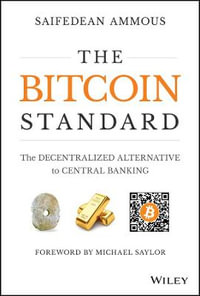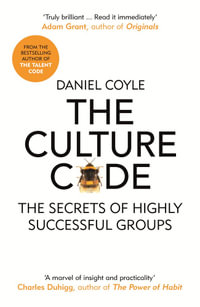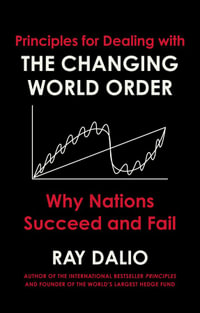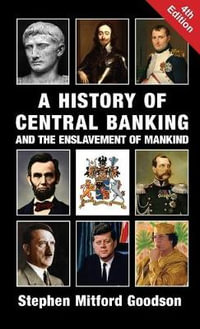
At a Glance
Hardcover
$169.75
Ships in 7 to 10 business days
ISBN: 9780792321675
ISBN-10: 0792321677
Series: INTERNATIONAL STUDIES IN THE SERVICES ECONOMY
Published: 30th April 1993
Format: Hardcover
Language: English
Number of Pages: 300
Audience: General Adult
Publisher: Springer Nature B.V.
Country of Publication: NL
Edition Number: 2
Edition Type: Revised
Dimensions (cm): 25.4 x 17.15 x 2.54
Weight (kg): 0.63
Shipping
| Standard Shipping | Express Shipping | |
|---|---|---|
| Metro postcodes: | $9.99 | $14.95 |
| Regional postcodes: | $9.99 | $14.95 |
| Rural postcodes: | $9.99 | $14.95 |
Orders over $79.00 qualify for free shipping.
How to return your order
At Booktopia, we offer hassle-free returns in accordance with our returns policy. If you wish to return an item, please get in touch with Booktopia Customer Care.
Additional postage charges may be applicable.
Defective items
If there is a problem with any of the items received for your order then the Booktopia Customer Care team is ready to assist you.
For more info please visit our Help Centre.
























